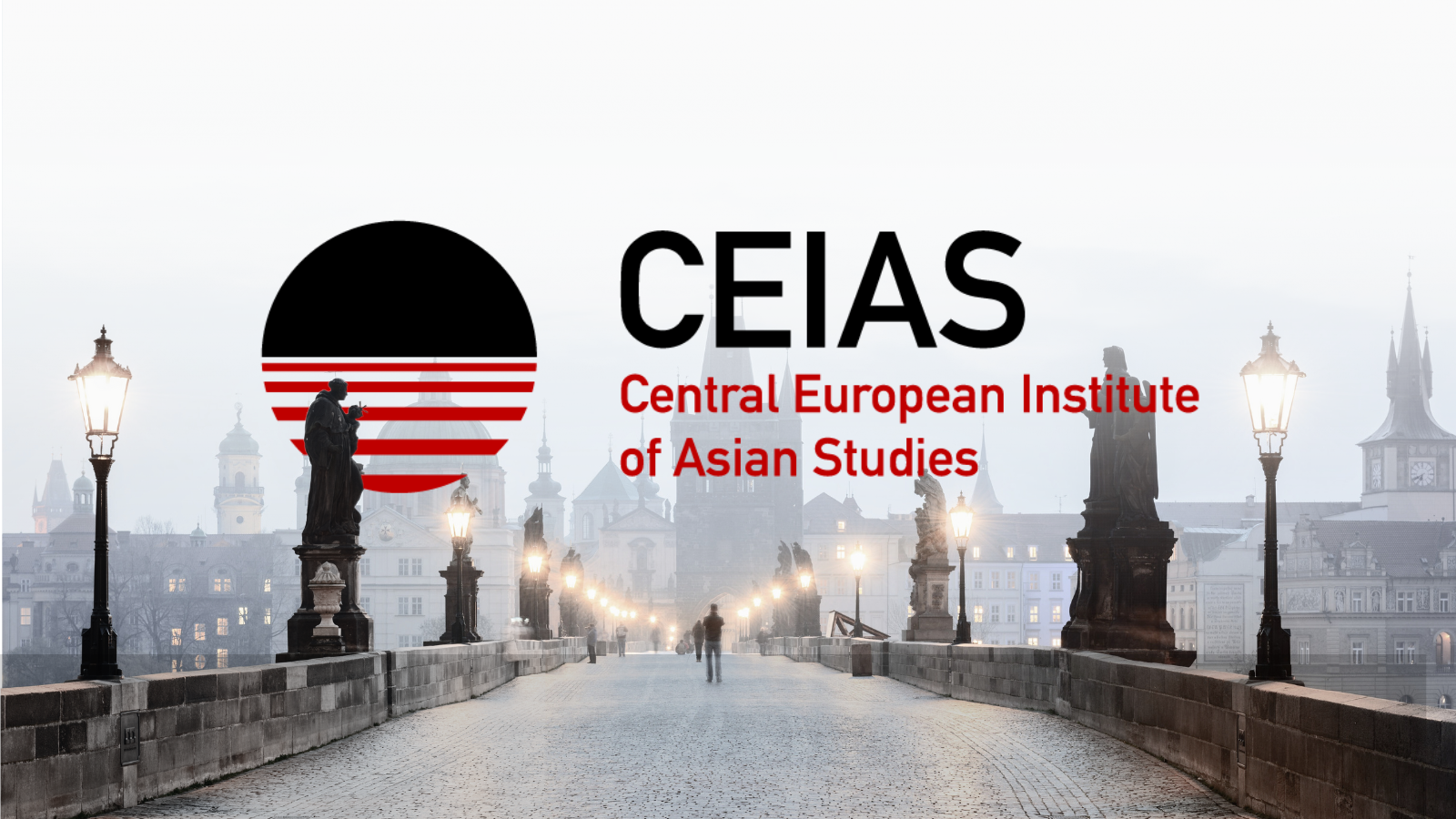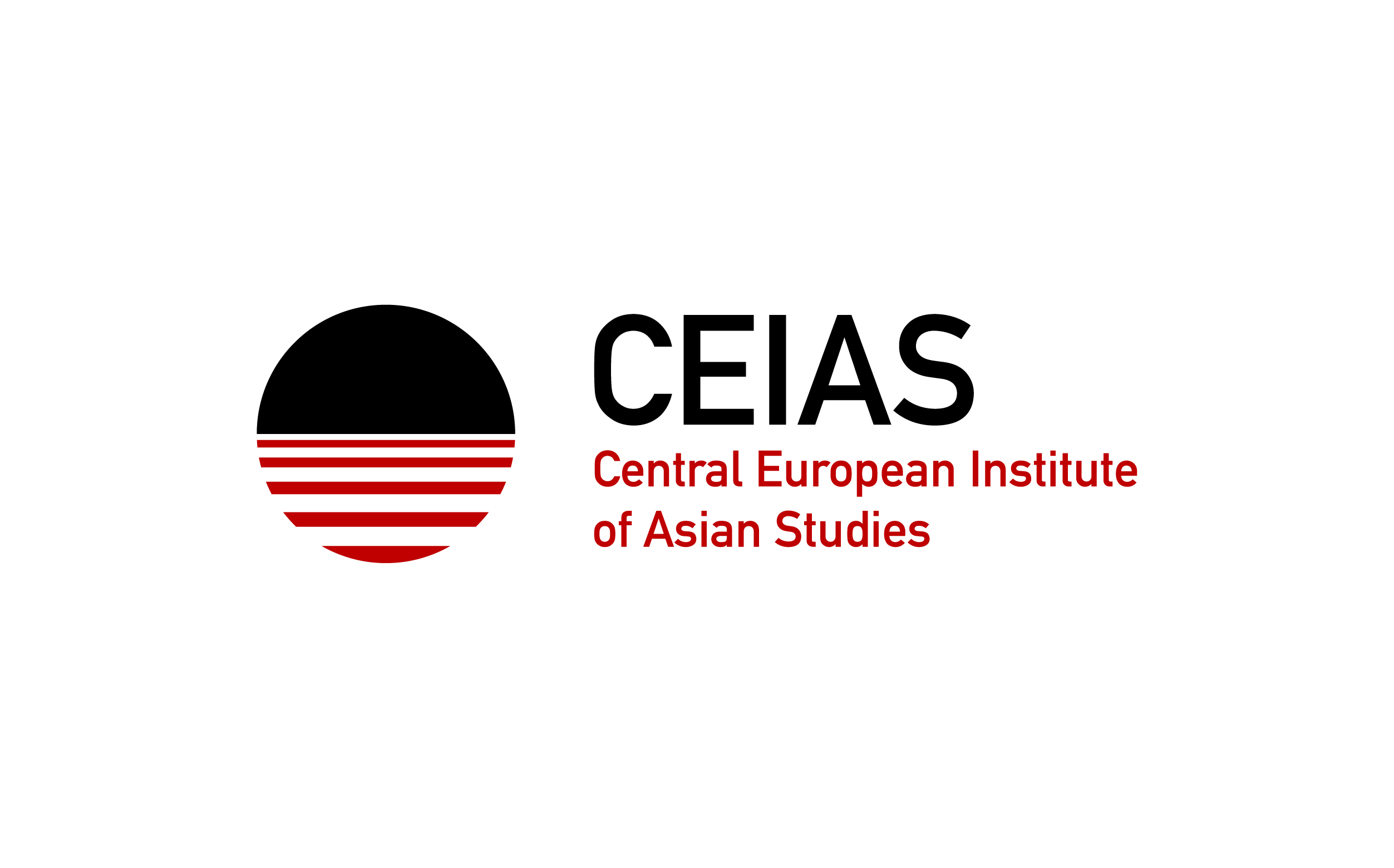Since the end of World War II, Japan has largely upheld pacifism. However, this stance seems to be shifting recently, as exemplified by the growing desire among Japanese citizens to amend Article 9, the pacifist clause in Japan’s constitution. This article analyzes why Japanese citizens are re-evaluating their views on Article 9 by examining data from a Sinophone Borderland survey conducted in 2022.
Aspiring sincerely to an international peace based on order, the Japanese people forever renounce war as a sovereign right of the nation and the threat or use of force as means of settling international disputes. In order to accomplish the aim of the preceding paragraph, land, sea and air forces, as well as other war potential, will never be maintained. The right of belligerency of the state will not be recognized.”
– Article 9, The Constitution of Japan (1947)
Article 9 is the pacifist clause in Japan’s post-war constitution that outlaws war as a political instrument, rendering Japan a country without a traditional offensive army. After World War II, it was added to ensure that Japan could no longer wage war. The constitution was co-drafted by the United States, specifically General Douglas MacArthur. Over time, Article 9 became an integral part of Japanese identity and foreign policy.
Despite pride in its pacifist constitution, debates about amending Article 9 have persisted, especially among conservative factions in Japanese politics. The most significant recent shift in Japan’s pacifist stance came when former Prime Minister Shinzo Abe passed several security laws allowing the country to participate in collective self-defense. Making revisions to Article 9 is not easy; pacifism has become a crucial component of Japan’s identity. For this reason, Abe referred to the changes he made as “proactive pacifism,” claiming that Japan was simply contributing more to international peace and security.
Nonetheless, in recent years, Japanese perceptions of Article 9 have been shifting because of growing threats from a more assertive China, North Korea’s growing nuclear capabilities, and the Russian invasion of Ukraine. As a result, Japan has started to invest more in its military. In December 2022, Prime Minister Fumio Kishida unveiled a 114.4 trillion yen (around €790 billion) budget, which featured increased military spending. Kishida plans to increase defense spending to 2% of GDP by 2027. The Russian invasion of Ukraine was directly cited in Japan’s 2022 National Defense Strategy as an incentive for enhancing military and cyber security capabilities.
Given major changes to Japan’s domestic and foreign policies in recent years, it is essential to analyze whether specific factors motivate the Japanese public to support or reject revisions of Article 9. This article uses data from a public opinion survey conducted in 2022 by the Sinophone Borderland, in which 1,220 Japanese respondents were asked various questions regarding political, economic, and cultural topics.
Breaking Down the Data
The first question analyzed in this article was, “Do you think Japan should amend Article 9 of the Constitution?” (see Graph 1). Of the respondents, 33% were in favor, 20% were against, and most (43%) had no opinion. These proportions of support and opposition are consistent with other polls conducted by Japanese media in 2022. According to an NHK poll, 35% of respondents wanted to revise Article 9, 17% were against, and 41% were unsure. (The most common reason given in favour of amending it is that the security environment around Japan has changed.) According to the liberal newspaper Asahi, 51% of the Japanese public are in favor of making revisions to Article 9 and 33% are against doing so. The conservative newspaper Yomiuri found that 60% want to amend Article 9, while 38% are against doing so. As evidenced by the NHK’s and Yomiuri’s surveys, the growing concern about Japan’s security situation due to the Russian invasion of Ukraine and North Korean missiles is the most popular reason for supporting the amendment. A large number of unsure respondents might be due to Japanese societal norms, where discussing political opinions is taboo. As a result, a high percentage of neutral (“not sure”) responses frequently appear across surveys conducted on this issue.
From linear regression conducted on the data generated by the Sinophone Borderland survey, several important factors influencing the Japanese public’s support or opposition to revising Article 9 were identified:
- Gender: Respondents were categorized as female, male, or other.
- Perceptions of Shinzo Abe: Respondents rated how positive or negative they perceived Shinzo Abe’s legacy as prime minister.
- Political Orientation: Respondents identified as more liberal or conservative in politics.
- Perceptions of Military Power: Respondents’ views on the statement, “The use of military force only makes problems worse,” were considered.
Analysis was also conducted on an open-ended question that asked respondents why they would or would not amend Article 9. Out of 1,220 respondents, 536 provided answers. For those who didn’t, some chose not to answer and others were excluded because their responses were unintelligible. The remaining responses were translated from Japanese to English, coded, grouped by similar meanings, and used to create a word cloud using the open-source tool WordClouds.com.
Gender
In the Sinophone Borderland survey, as well as in the poll conducted by the newspaper Yomiuri in 2022, gender was a factor. Graph 2 shows that men were more likely to vote to amend Article 9 than women. Nonetheless, the second figure indicates that more than 50% of men still voted not to revise it. Notably, almost 60% of women voted “don’t know.”
Perceptions of Abe’s Legacy
This question was unique to the Sinophone Borderland survey because former Prime Minister Abe was assassinated in August 2022, and many polls had yet to ask about this particular factor. Abe was a staunch supporter of revising Article 9. For this reason, a positive stance on his legacy could motivate the Japanese to favor amending Article 9. Graph 3 shows that around 36% of respondents had a negative perception of Abe’s legacy, while the majority did not have strong feelings, and only about 18% viewed it positively.
Graph 4 indicates that respondents who viewed Abe’s legacy negatively were more likely to vote not to amend Article 9. Contrary to initial assumptions, those who favored revising Article 9 had mixed opinions about Abe’s legacy, ranging from very negative to very positive. This suggests that more factors are at play than just a positive perception of Abe’s legacy. Respondents who answered “don’t know” about amending Article 9 generally did not have a stance on Abe’s legacy, which aligns with their expected behavior.
Liberal or Conservative?
When asked about their political orientation, 40% of respondents identified as conservative, around 33% as liberal, and 30% as “do not know” (see Graph 5).
Graph 6 shows that respondents who favored amending Article 9 tended to be more conservative. Conversely, those who opposed amending Article 9 were slightly more liberal, although the percentage of conservatives who took this view was still very high. A sizable portion of respondents unsure about changing Article 9 were also undecided about their political inclination.
Military Perceptions
When asked whether military force exacerbates problems (see Graph 7), around 40% of the respondents neither agreed nor disagreed, and approximately 43% agreed. Graph 8 shows that respondents who voted against amending Article 9 were more likely to have a negative perception of military power, with 60% agreeing with the statement. The responses of those who favor revising Article 9 were more split. Respondents who answered “do not know” neither agreed nor disagreed with this statement, aligning with their neutral attitude.
The low trust in military strength among Japanese respondents can be attributed to Japan’s history of not having an offensive army since the end of World War II, during which time it has remained a peaceful country. The pacifist identity nurtured in post-war Japan is a significant factor, as many Japanese identify with pacifist ideals. Constructivists like Thomas U. Berger, Peter J. Katzenstein, and Nobuo Okawara claim that Japan’s identity is based on pacifist and anti-militarist sentiments. Article 9 is viewed as key to analyzing Japan’s identity and its effects on Japan’s foreign policy because, according to Constructivism, identity determines national interests and foreign policy. The harsh defeat Japan experienced in the war seems to have been the main cause of this shift from militarism to pacifism, embodied by Article 9.
Wordcloud
Following the question about Article 9, the survey also asked respondents to explain their choice. While the factors investigated so far provide interesting insights into the motivations driving the Japanese to revise or maintain Article 9, examining their open-ended answers offers a deeper understanding of their rationale.
For those in favor of revising Article 9 (see Wordcloud 1), the most common response was “does not suit modern times,” closely followed by “to protect Japan,” “old,” “need to clarify the status of the JSDF,” and “current situation surrounding Japan.” Concerns such as “fear of invasion/aggression,” “North Korea,” “China,” and “Russia” were also frequently cited, with direct mentions of the Russian invasion of Ukraine. The repeated mentions of “does not suit modern times” and “current situation surrounding Japan” likely refer to the growing assertiveness of China, North Korea’s nuclear arsenal upgrades, and Russia’s breach of international laws by invading a neighboring country. Many respondents believed Article 9 is outdated and crafted by a foreign power, thus requiring adjustments. However, this does not necessarily indicate a desire for a stronger military to engage in wars.
Conversely, the most common response among those against amending Article 9 (see Wordcloud 2) was “anti-war,” followed by “no need to change,” “to maintain peace,” and “pride in Japan’s pacifist identity.” The majority simply expressed negative attitudes toward the capability to wage war, with some stating that changes are unnecessary. The pacifist identity Japan has cultivated since the end of the war has shaped their perspectives on the military. This sentiment is also reflected in other minor responses such as “unique law” and “prevent [Japan from] becoming a dictatorship.” Many Japanese took pride in Article 9 because no other country so explicitly renounces war. Additionally, some respondents expressed concern about politicians, particularly from the ruling Liberal Democratic Party (LDP), misusing the revision.
Conclusions
This article highlighted that Japanese perceptions of Article 9 may be shifting, with more people wanting to amend it than those who want to keep it as is—although over 40% are still uncertain about their stance. Several key factors tend to influence whether Japanese citizens support or reject the revision of Article 9, including gender; positive or negative perceptions of former prime minister Abe’s legacy; political orientation; and general perceptions of military force.
While other elements such as cultural norms, historical background, and societal rules also play a role, the factors identified in this article provide a clearer understanding of the shifting Japanese public opinion and its impact on perceptions of Article 9. The Wordcloud responses offer deeper insights into public opinion, suggesting that recent geopolitical changes in the region are a primary reason for the shift in attitude. Despite this, the desire to revise Article 9 does not necessarily indicate that the Japanese have become more belligerent; rather, it appears to be driven by concerns over the increasing assertiveness and military power of neighboring countries.








